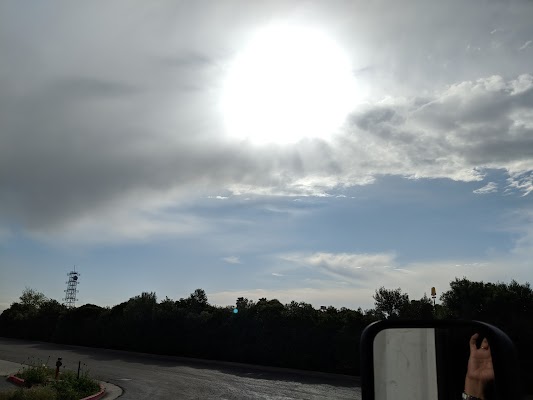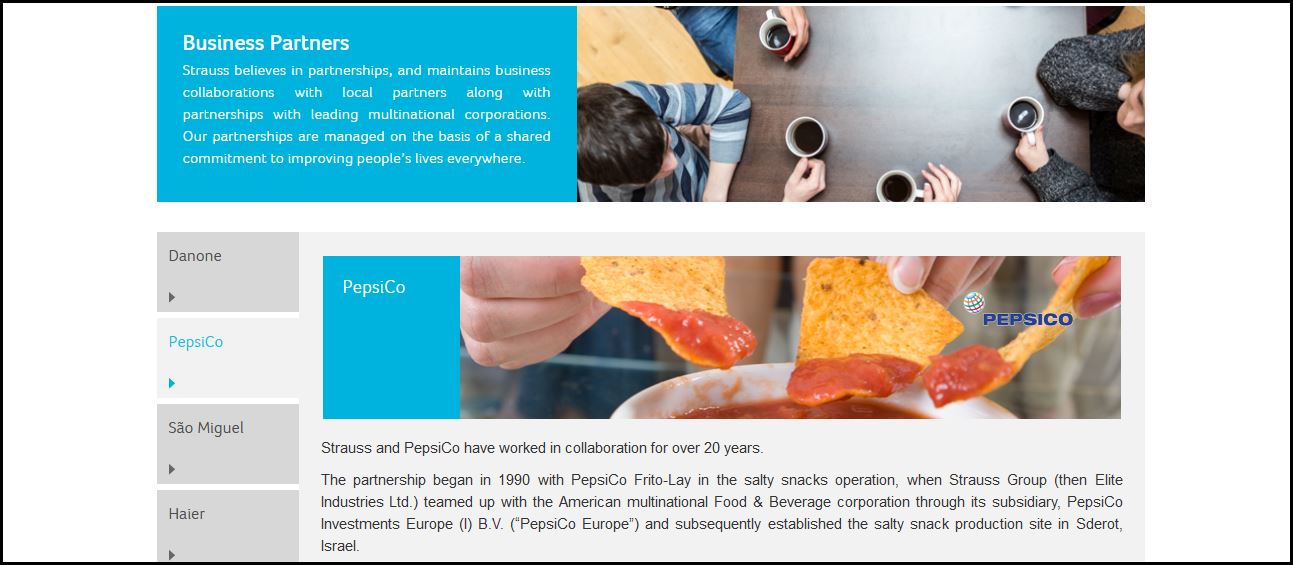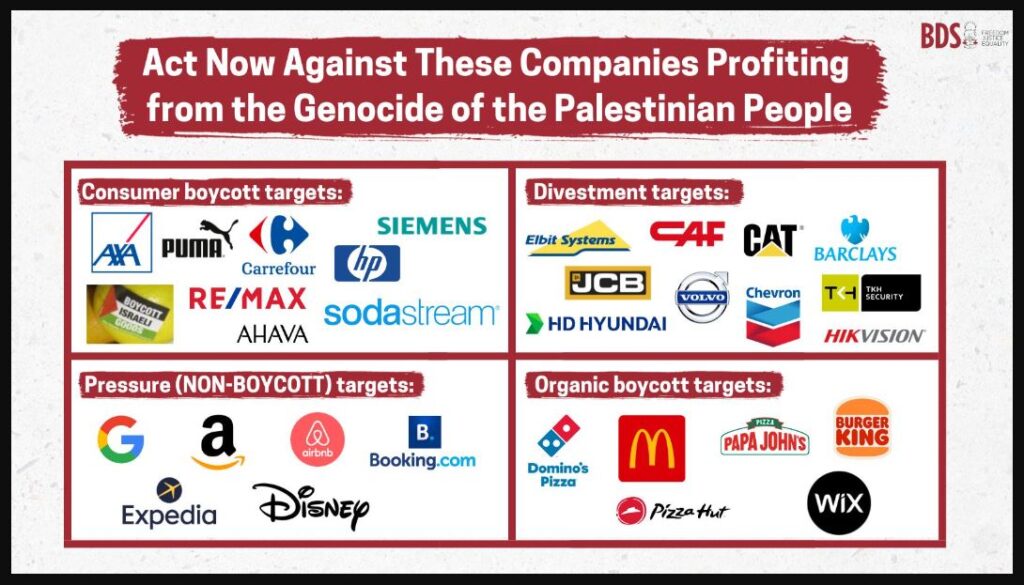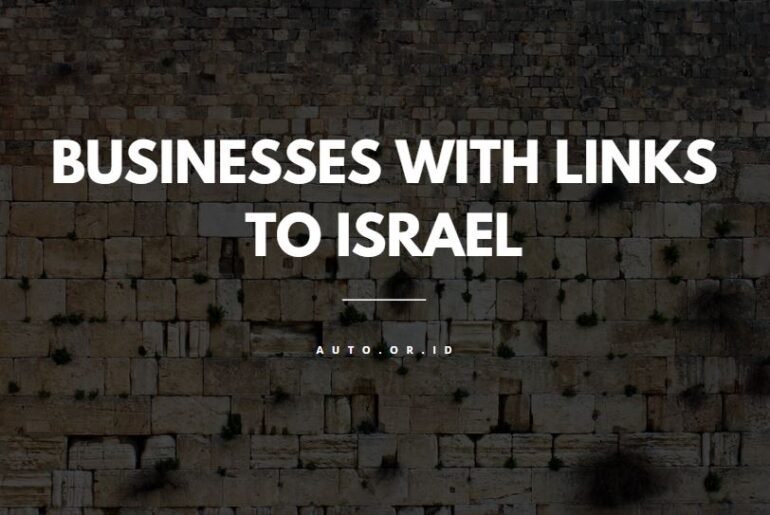Mountain Dew is a popular carbonated soft drink that is produced and distributed by PepsiCo, one of the largest beverage and food companies in the world. PepsiCo was founded in 1965 through a merger between Pepsi-Cola and Frito-Lay. Today, it is a multinational conglomerate with a wide range of products, including popular brands such as Pepsi, Lay’s, Gatorade, and Quaker. The company is headquartered in Purchase, New York and is led by CEO Ramon Laguarta.
The roots of Mountain Dew date back to the 1940s when brothers Ally and Barney Hartman developed a lemon-lime soda to mix with whiskey. In 1964, the brand was acquired by PepsiCo and has since become one of the company’s most iconic and successful products. Mountain Dew is known for its bright green color and citrus flavor, and it has gained a loyal following, particularly among younger consumers and extreme sports enthusiasts.
PepsiCo operates its research and development (R&D) sector in various countries and regions around the world. The company has dedicated R&D centers in the United States, Europe, and Asia, allowing them to tap into diverse markets and consumer preferences. These R&D centers work on developing new products, improving existing ones, and conducting scientific research to meet consumer demands and stay ahead of the competition. With a global presence, PepsiCo’s R&D sector ensures that their products continue to innovate and cater to the tastes and preferences of consumers worldwide.
See also: Snickers by Mars and Israel: What You Need to Know

Pepsi Beverages Co in the U.S
Mountain Dew PepsiCo and Allegations of Israel Support
The partnership between Strauss and PepsiCo has raised concerns regarding the connection between Mountain Dew Pepsi and Israel. With over 20 years of collaboration, it is clear that PepsiCo has played a significant role in the economic development of Israel, while simultaneously strengthening its economy to carry out oppressive activities in Palestine.
Founded in Israel in 1939, Strauss Group has expanded its operations to over 20 countries across five continents. In 1990, the partnership between Strauss Group (then Elite Industries Ltd.) and PepsiCo Frito-Lay began with the establishment of a salty snack production site in Sderot, Israel. This collaboration led to the formation of Strauss Frito Lay, with each company holding 50% of the share capital.
Furthermore, a licensing agreement was made between PepsiCo and Strauss for the exclusive manufacturing, distribution, and sales of various snacks in Israel. This highlights PepsiCo’s active involvement in the Israeli market, contributing to its economic growth and expansion.
Additionally, in 2008, PepsiCo and Strauss extended their partnership to the Dips & Spreads category. Sabra Dipping Company, Inc., a joint venture between the two companies, quickly became a market leader in North America. This partnership not only solidified PepsiCo’s presence in the Israeli market but also allowed it to penetrate the American and Canadian markets with the development, manufacture, and sale of refrigerated Dips & Spreads.
In 2012, the partnership between Strauss and PepsiCo was further deepened with the launch of a new global Dips & Spreads product line under the Obela brand. With this expansion, PepsiCo’s influence in the Israeli economy continued to grow, further cementing its economic ties with the country.
The involvement of PepsiCo in the development of Israel’s economy raises questions about the company’s stance on the Israeli-Palestinian conflict. By supporting and investing in the Israeli market, PepsiCo indirectly contributes to the colonization and occupation of Palestinian land.
The connection between Mountain Dew Pepsi and Israel becomes particularly troubling when considering the human rights violations and injustices committed against the Palestinian people. It is essential to be aware of the economic activities that support such actions and to consider the implications of our consumer choices.
In conclusion, the partnership between Strauss Group and PepsiCo has undoubtedly contributed to the economic development of Israel. However, it is crucial to acknowledge the negative consequences of this collaboration, which inadvertently strengthens the Israeli occupation and encroachment on Palestinian territory.

PepsiCo and Israeli Strauss Groups
While Mountain Dew may not be officially designated on the boycott list as outlined on BDS Movement, it finds itself featured on platforms like Thewitness, which compiles information about companies associated with the Israeli occupation.
Exploring Corporate Views on the Israeli Occupation
To access an extensive list of companies linked to Israel or with origins in the region through the Israeli Product Checker provided above, follow these straightforward steps:
- Input the brand or product name into the specified field.
- Press enter to initiate the search.
- Uncover detailed insights into the brand’s affiliations with Israel.
After understanding the association between the Mountain Dew brand by Pepsi and its support for the establishment of Israel in Palestinian territory, it would be beneficial for you to explore several other well-known companies and products.
Below is a comprehensive list of companies that have contributed to and expressed their support for Israel, spanning various industries such as fashion, fast food, and tech giants.

The list of companies officially targeted for boycott by the global BDS movement
With the references above, consumers are encouraged to be more aware of their consumption choices and the flow of money to ensure that our resources are not used to harm humanity and violate the rights of Palestinian citizens. For further information on globally boycotted companies, you can explore sites such as bdsmovement.net and whoprofits.org.

